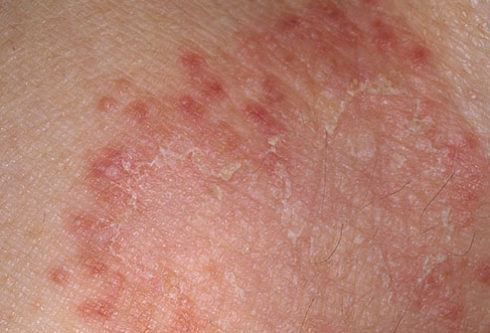If you think that you aren’t susceptible to fungal infection, then think again. Fungal infections are uncomfortable and can strike when you least expect it. A fungus is an organism that has been around since the time of the dinosaurs. Early fossils have confirmed that microorganisms like fungus and algae were the first life forms to traverse the earth. The fungus can live everywhere; air, water, soil and on living organisms. Like all species, some fungi are good for the human environment and some harmful.
Fungal infections in humans can cause a lot of damage if not diagnosed and treated on time. However, the catch is that these infections are hard to completely kill and keep recurring,
How does a fungal infection occur?
Fungal spores are everywhere. You can’t see them but they are present in the environment around you. They can land on a person or even be inhaled. Fungus needs a moist environment to grow in and can multiply either on the skin or in the lungs, this way.
It is a well-known fact that people with weak immune systems are very prone to infections, especially fungal infections.
Some examples of fungal infections are athlete’s foot, ringworms, yeast infection, toenails infection, jock itch and skin fungal infection.
How do you know you have a fungal infection?
Here we list a few of the symptoms of a few of the most common fungal infections. If you find any of these symptoms then see your healthcare professional immediately. These infections are pesky and the earlier treated the better. Your doctor will examine a piece of your infected skin under a microscope for signs of spores and infections.
- Athlete’s foot – Athlete’s foot is a fungal infection that occurs when one wears shoes for too long. The sweat creates a hotbed for this fungus to multiply. If you notice scaling and redness of skin on your feet, you may have athlete’s foot. Along with this, you may face burning and itching of the skin too.
- Yeast infection – If you feel redness, itchiness and pain around your vagina you may have a Candiasis infection. You may also experience unusual discharge which has a different odor as well.
- Ringworms – These are perhaps the easiest to diagnose. If you see circular round red marks on your skin you may have fallen prey to the ringworm.
What causes fungal infections?
Yeast such as candida and dermatophytes such as Microsporum are the main culprits of fungal infections. These spores are everywhere and cause an immediate infection when they come in contact with the skin and are inhaled.
Who is more prone to fungal infections?
Fungal infections can happen to anyone, however, some people are more prone. Some have the genetic make-up that they catch these infections frequently. People with autoimmune diseases, HIV, diabetes, AIDS and weaker immune systems like children and the elderly are more prone to catch a fungal infection. Fungal infections are contagious and grow in moist areas. Public places like spas and saunas are hotbeds for fungal spores.
How to treat fungal infections?
Your doctor will prescribe over the counter medication like oral drugs or antifungal creams.
Be safe from fungal infections and consult your doctor immediately if you have even the slightest doubt.



5